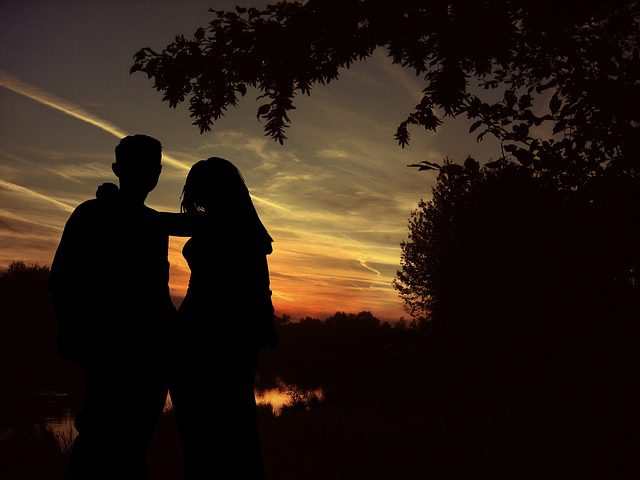Now that I’m done with my rant on Good Friday that ruffled a trillion feathers, here’s my gentler take on the liturgical season of Easter and Resurrection.
The paradoxical nature of it all is this: vibrant new life and possibilities are born of death, dissolution, and dust. Just think of the one supernova explosion that occurred billions of years ago, spewing out dust, gases, and elements that would one day become our solar system and eventually the precise conditions for the evolution of life on our little planet Earth.
In Christian theology we use the term paschal mystery to speak of such mysteries. Struggle, suffering, death, violence, destruction often (and many times) necessarily precede the emergence of new life, or what we might call resurrection. And therein lurks a thorny term for many Christians and non-Christians alike. What is truly meant by the concept of resurrection? Are we speaking here of resuscitation of what is clinically dead matter? Some kind of spiritualized transfiguration of a person or event? Or simply a transformation of some kind that leaves one changed forever?
I, along with many searchers over the years, have pondered such questions; not necessarily looking for cut and dried definitions and resolutions, but for a sense of direction in my search. One day I stumbled upon Paul Tillich’s definition of resurrection, as it pertains to the emergence of new life. I like it; it resonates deeply with me at this point on my own spiritual quest:
The word resurrection has for many people the connotation of dead bodies leaving their graves or other fanciful images. But resurrection means the victory of the new state of things, the New Being born out of the death of the old. Resurrection is not an event that might happen in some remote future, but it is the power of the New Being to create life out of death, here and now, today and tomorrow. Where there is New Being, there is resurrection, namely, the creation into eternity out of every moment of time. The Old Being has the mark of disintegration and death. The New Being puts a new mark over the old one. Out of disintegration and death something is born of eternal significance. That which is immersed in dissolution emerges in a New Creation. Resurrection happens now, or it does not happen at all. It happens in us and around us, in soul and history, in nature and universe.
Whether it’s the demise of a relationship (been there), a loved one (been there), a job (been there) or a dream (been there), what this mystical theological take on resurrection does for me is twofold: it validates the old job, relationship, parent, lover, dream and so on that we so often tend to negate in the throes of our pain and anguish. It honors the meaning, message, and place of these people and events in our lives, all of which we have created and invited into our conscious experience in ways we often misunderstood or simply missed. Secondly, it underscores for me the virtue of hope in all our experiences.
I hope it does this for you . . and much more. Happy Eastertide!
Cover Photo: Pixabay














